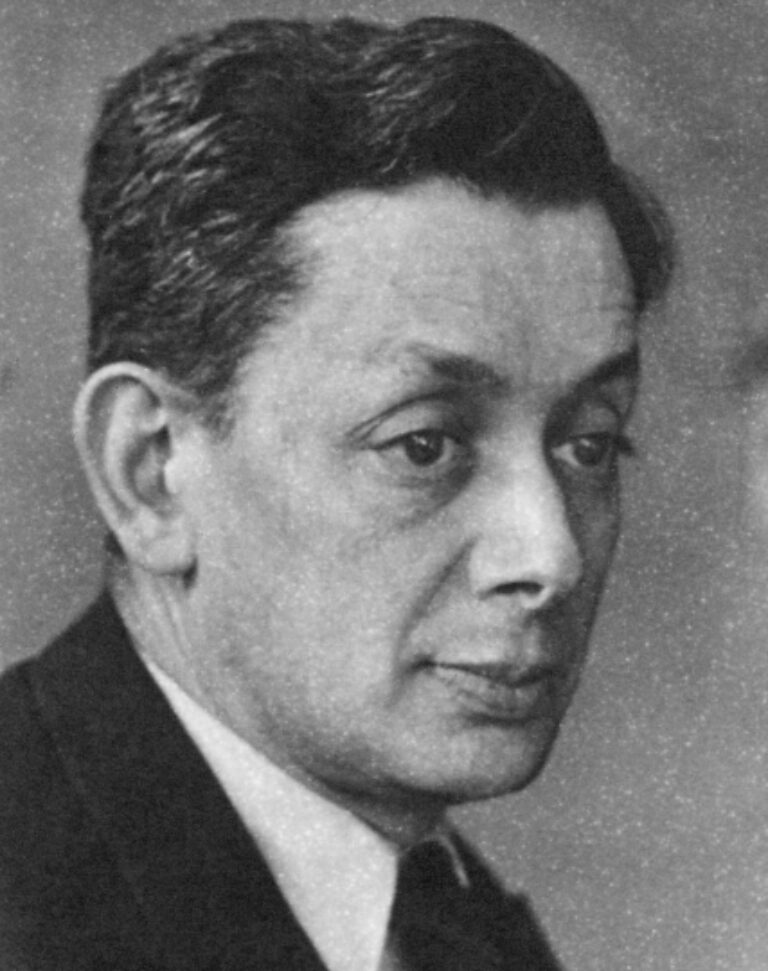After a series of assorted jobs, including one in a shoe factory, Hans Erich Fabian took a position as a secretary at the Higher Institute for Jewish Studies in October 1938. There, he became acquainted with Jenny Wilde, the head librarian, whose professional efforts and personality he greatly appreciated – a fact evidenced by an emotional obituary he wrote for her ten years later.
Ending and reconstruction in berlin
With the outbreak of the Second World War, Fabian’s personal and professional situation worsened. He found employment with the Reich Association of Jews in Germany, an organisation created by the Nazis to control Jews. In 1943, Fabian and his family were deported to the Theresienstadt Ghetto. Despite the extreme conditions, he survived and returned to Berlin after the war. He was involved in rebuilding the Jewish community and founded the newspaper Der Weg (The Path), which was a significant source of information for Jewish survivors. The title reflects the uncertainty of Jewish life in post-war Germany: it was entirely unclear whether said path would lead to a revival in Germany or to emigration.
Fabian also published articles in Israeli and American newspapers and spoke at conferences about the situation of Jews in Berlin and how it could be improved. Ultimately, he chose to emigrate, a decision made with a heavy heart and primarily for his family’s well-being, as his friend Ernst G. Loewenthal notes, arguing that there was no longer a future for Jewish people in Germany. In 1949, Fabian moved to New York, where he lived until his death in 1974.
“As I walked the streets on the morning of 9 November, I saw the destroyed Jewish businesses, saw Jewish owners sweeping the shards off the streets and trying to protect what had not been destroyed or robbed. Soon I also heard about the fires in the synagogues and the demolition of apartments. The New Synagogue on Oranienburger Strasse and the facilities of the Jewish Community were not damaged, but other synagogues were burned out or still burning.”
